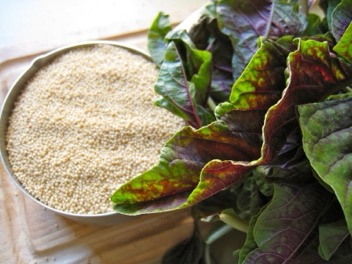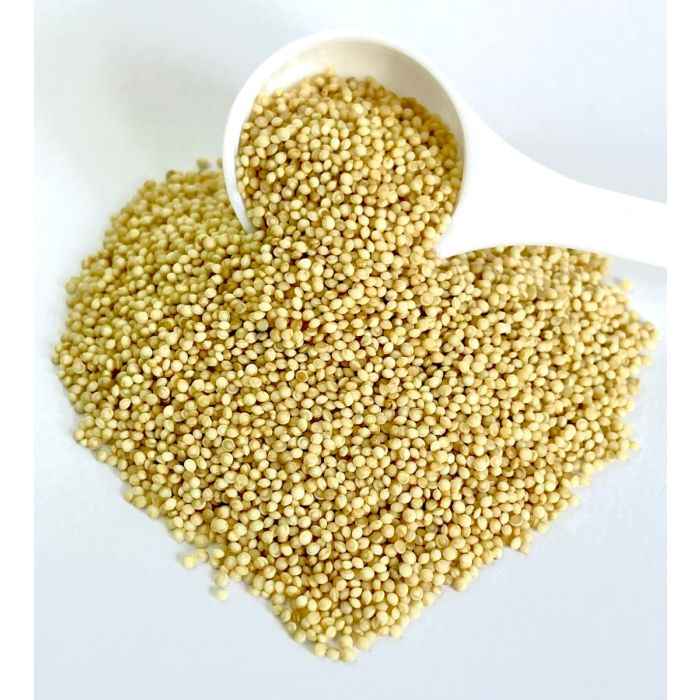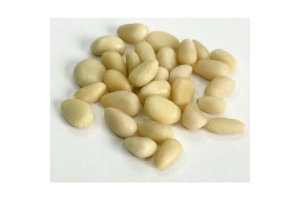Amaranth Grain Nourishing the Body and Enriching History

Amaranth Grain Nourishing the Body and Enriching History
Amaranth grain is a versatile and historically significant food that offers a wealth of health benefits. In this article, we explore the extensive nutritional values of amaranth and delve into its fascinating historical journey.
Amaranth - A Nutrient Powerhouse
Amaranth is truly a nutrient powerhouse. It's rich in vitamins, including vitamin C, which supports the immune system, and vitamin K, important for blood clotting and bone health. Amaranth also provides a substantial amount of essential minerals, such as calcium, magnesium, and iron. Calcium is vital for bone health, while magnesium is involved in hundreds of biochemical reactions in the body. Iron is essential for transporting oxygen in the blood.
The Power of Protein in Amaranth
Amaranth is often praised for its protein content. It contains a well-balanced array of amino acids, making it an excellent source of plant-based protein. For vegetarians and vegans, amaranth is a valuable addition to their diet, helping to meet their protein needs. It's also a rich source of lysine, an essential amino acid that is often deficient in many plant-based foods.
Amaranth's Abundance of Fiber
Fiber is a vital component of a healthy diet, and amaranth is rich in it. The high fiber content in amaranth supports digestive health by promoting regular bowel movements and preventing constipation. Additionally, dietary fiber helps maintain healthy cholesterol levels, reducing the risk of heart disease. It also aids in weight management by promoting a feeling of fullness and reducing overeating.
Amaranth's Unique Nutritional Properties
Amaranth possesses several unique nutritional properties. It is naturally gluten-free, making it an excellent choice for those with celiac disease or gluten sensitivities. The high lysine content in amaranth sets it apart from many other grains and pseudo-grains. Lysine is an essential amino acid that plays a crucial role in protein synthesis and calcium absorption. It's particularly valuable for bone health and tissue repair.
Practical Uses of Amaranth
In the kitchen, amaranth can be used in various ways. It's commonly ground into flour for gluten-free baking, added to soups and stews for a nutrient boost, or popped like popcorn for a crunchy snack. Its versatility allows it to be incorporated into modern diets, meeting the demands of health-conscious consumers.
Amaranth as a Culinary Gem
Amaranth's culinary versatility extends to its ability to be used in both sweet and savory dishes. Its nutty and earthy flavor profile complements a wide range of ingredients, making it a valuable addition to any kitchen.
Amaranth grain offers a unique blend of nutritional value and historical significance, making it a truly exceptional addition to any diet. Whether you're intrigued by its nutrient richness, its historical journey, or its culinary versatility, amaranth has something to offer to everyone.




 Over 500 health and wellness products
Over 500 health and wellness products Everyday savings and weekly promotions
Everyday savings and weekly promotions The best natural and organic produce from around the world
The best natural and organic produce from around the world Committed to you - over 10 years of trusted service
Committed to you - over 10 years of trusted service



